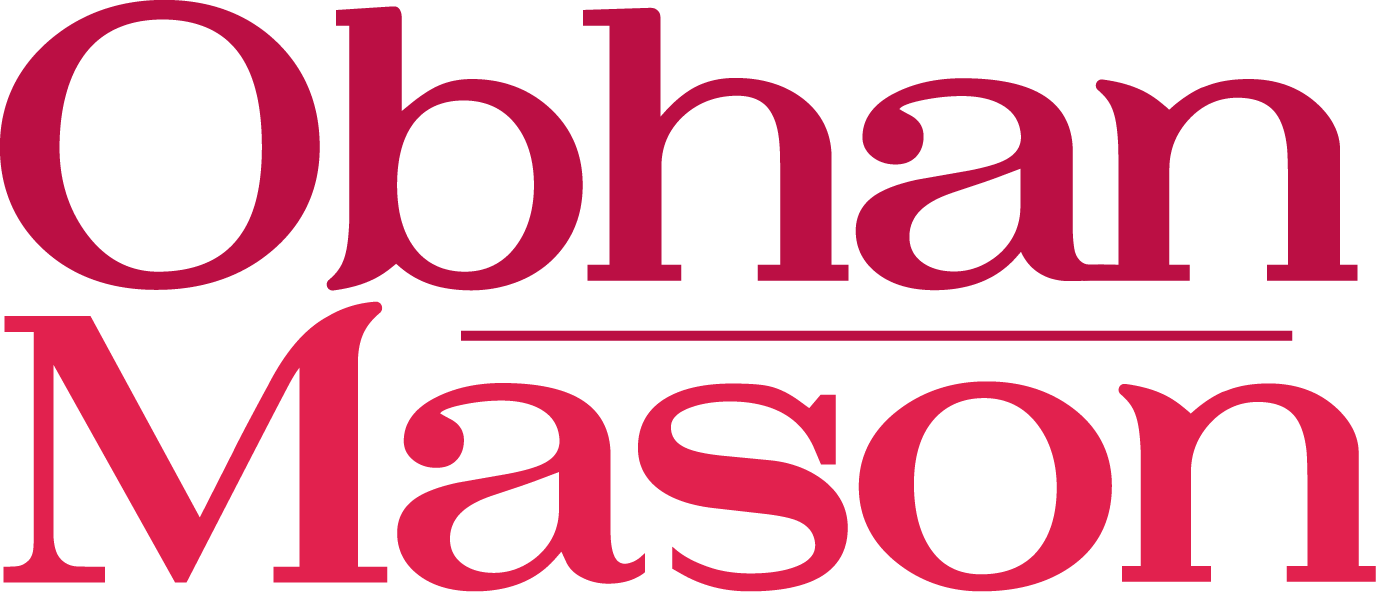Tag: Madras High Court
October 7, 2025
Intellectual Property | Patent
Intellectual Property | Patent
Timing it Right: Delhi High Court on Pre-Grant Oppositi...
What happens when a pre-grant opposition is filed after the Controller signs a patent application to grant? This knotty question was answered by the Delhi High Court in a recent case....
September 4, 2025
Intellectual Property | Trademark
Intellectual Property | Trademark
Can a Trade Mark be opposed in India before it is Adver...
In India, the law provides for formal opposition to a trademark application only after it is advertised, but can a third party intervene even during the pre-advertisement stage?...
March 17, 2025
Intellectual Property | Patent
Intellectual Property | Patent
Madras HC clarifies on Method of Treatment of Animals
In a recent decision, the Madras High Court has clarified the scope of exclusion from patentability under Section 3(i) of the Indian Patents Act, 1970, pertaining to methods of treatment for animals, among other things. ......
January 21, 2025
Intellectual Property | Patent
Intellectual Property | Patent
Essentially Biological Processes for Production of Plan...
Indian law excludes from patentability ‘essentially biological processes’ under Section 3(j) of the Patents Act, but does not explain what degree of human intervention can shift an invention away from being deemed ‘essentially biological’. A recent decision of the Madras High Court attempts an interpretation of this provision, highlighting also the importance of well reasoned orders from the patent office. ......
January 16, 2025
Intellectual Property | Patent
Intellectual Property | Patent
In Perfect Time: When to file divisional applications
Divisional applications must be filed before the parent patent application is granted or rejected, but getting the timing right can be tricky, especially when it is not known as to when the grant or rejection will actually take place. A recent case from the Madras High Court offers insights as to when divisional applications must be filed in different scenarios. ......
February 15, 2024
Intellectual Property | Patent
Intellectual Property | Patent
Patentability of Diagnostic Methods in India
Among the many exclusions to patentability, the Indian Patents Act, 1970 (“the Act”) also excludes “diagnostic methods” under Section 3(i). But the term itself has been applied inconsistently by the Indian Patent Office (“IPO”). This note discusses a recent decision of the Madras High Court on the interpretation of this term and its implications on related patent applications. ......
February 1, 2024
Intellectual Property | Patent
Intellectual Property | Patent
Filing Patents of Addition abroad also requires Foreign...
Filing a patent in your home jurisdiction is merely the beginning of building a patent portfolio. Depending on the subject matter of the patent, and the business model, it would be strategic to also file related patents abroad. ......
January 12, 2022
Corporate Law | Commercial Contract
Corporate Law | Commercial Contract
Restitutionary Damages vs. Compensatory Damages: Explai...
In an important judgment by the Madras High Court delivered on December 15, 2021, the Court explained the circumstances under which an aggrieved party is entitled to compensatory damages and restitutionary damages, respectively. ......
September 2, 2021
Intellectual Property | Design
Intellectual Property | Design
Design Marking in India: Essential or Avoidable?
Design marking is a method used by proprietors to signal that their article is protected by design rights. It entails “marking” an article in a manner that informs the public at large that the article in question is the subject matter of a registered design. The issue of whether design marking is necessary or not has come up on occasion before Indian courts, who have tackled how such marking acts as an indicator of registration, and explained the rights that follow. ......





















